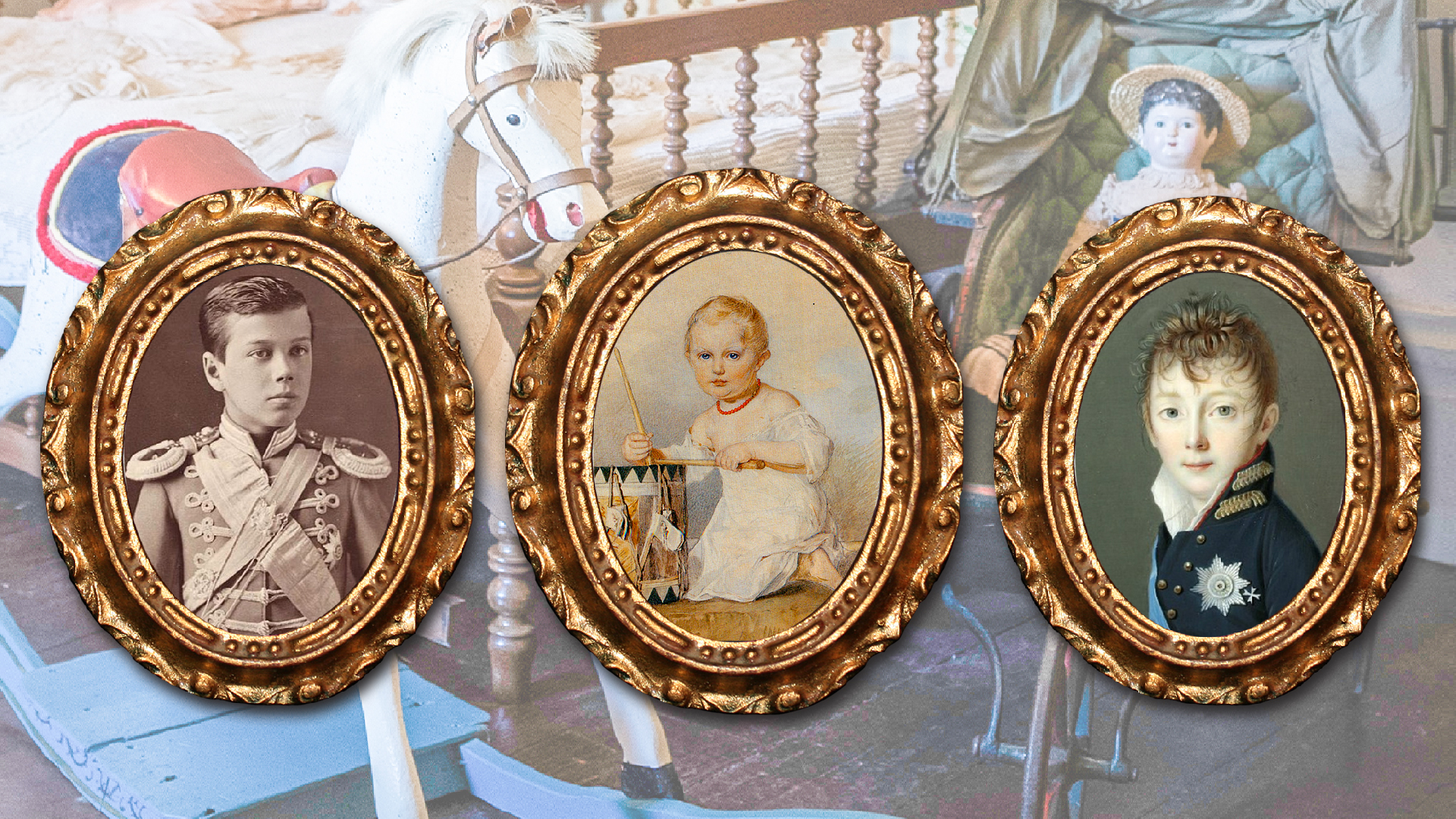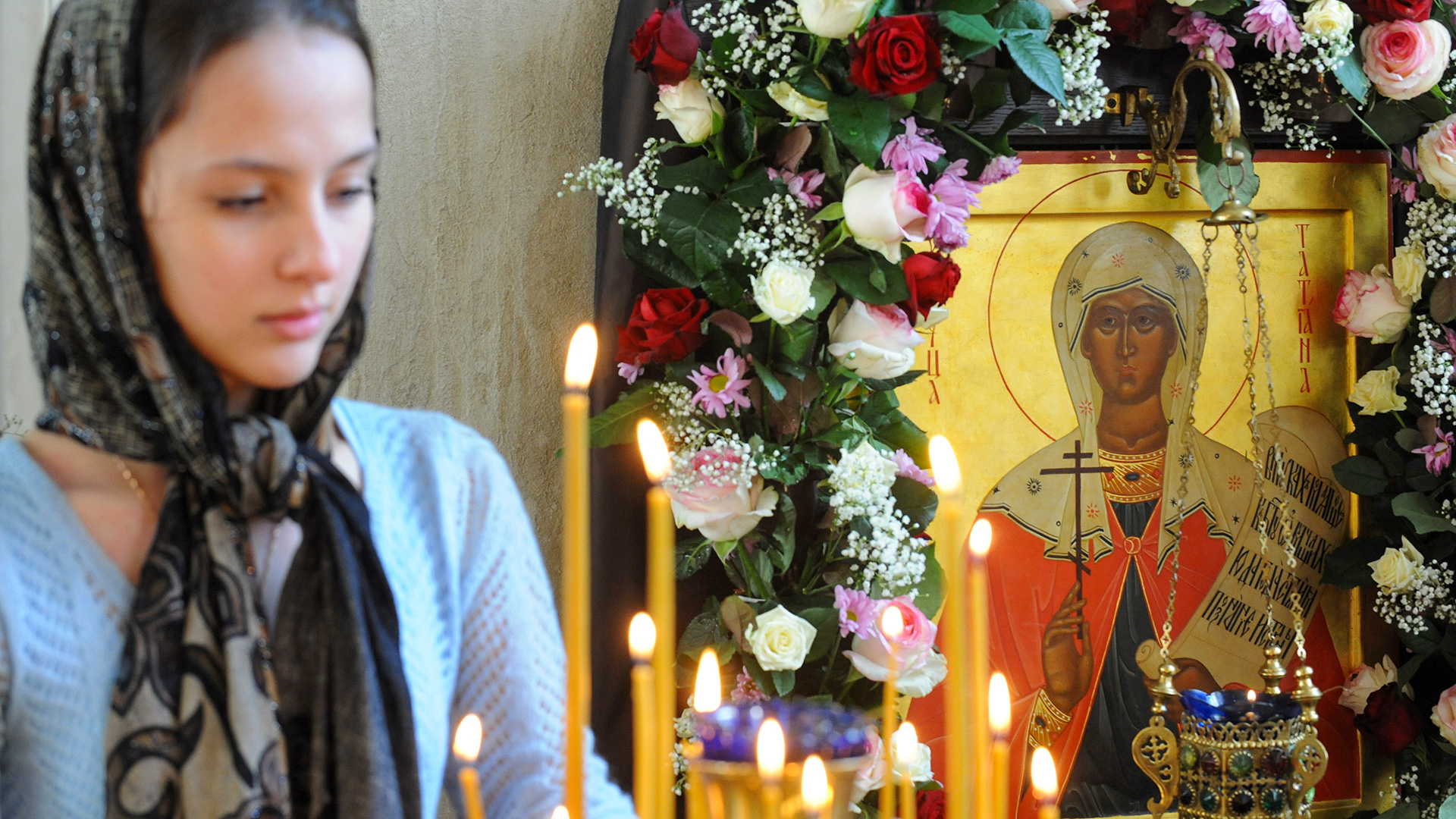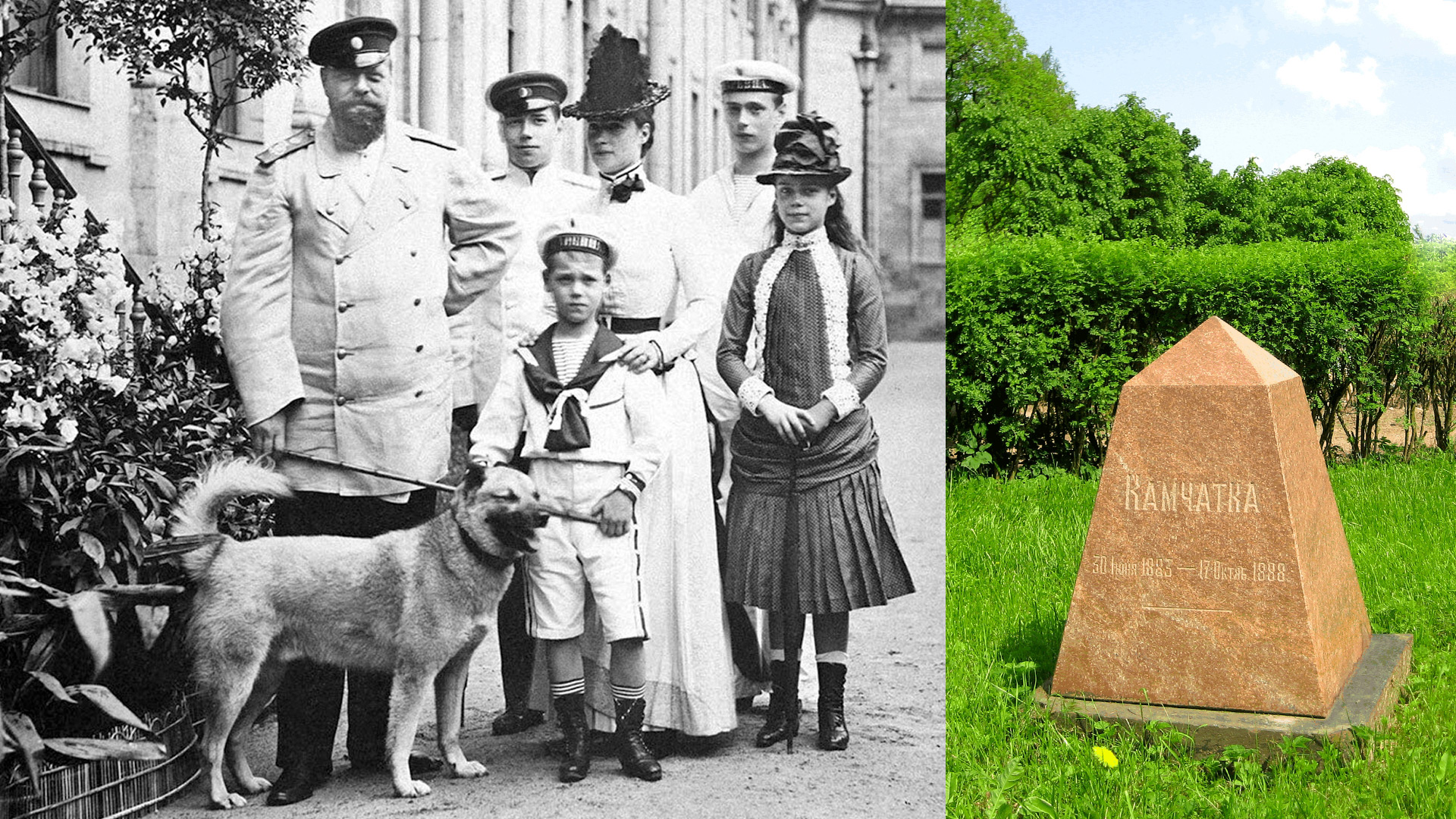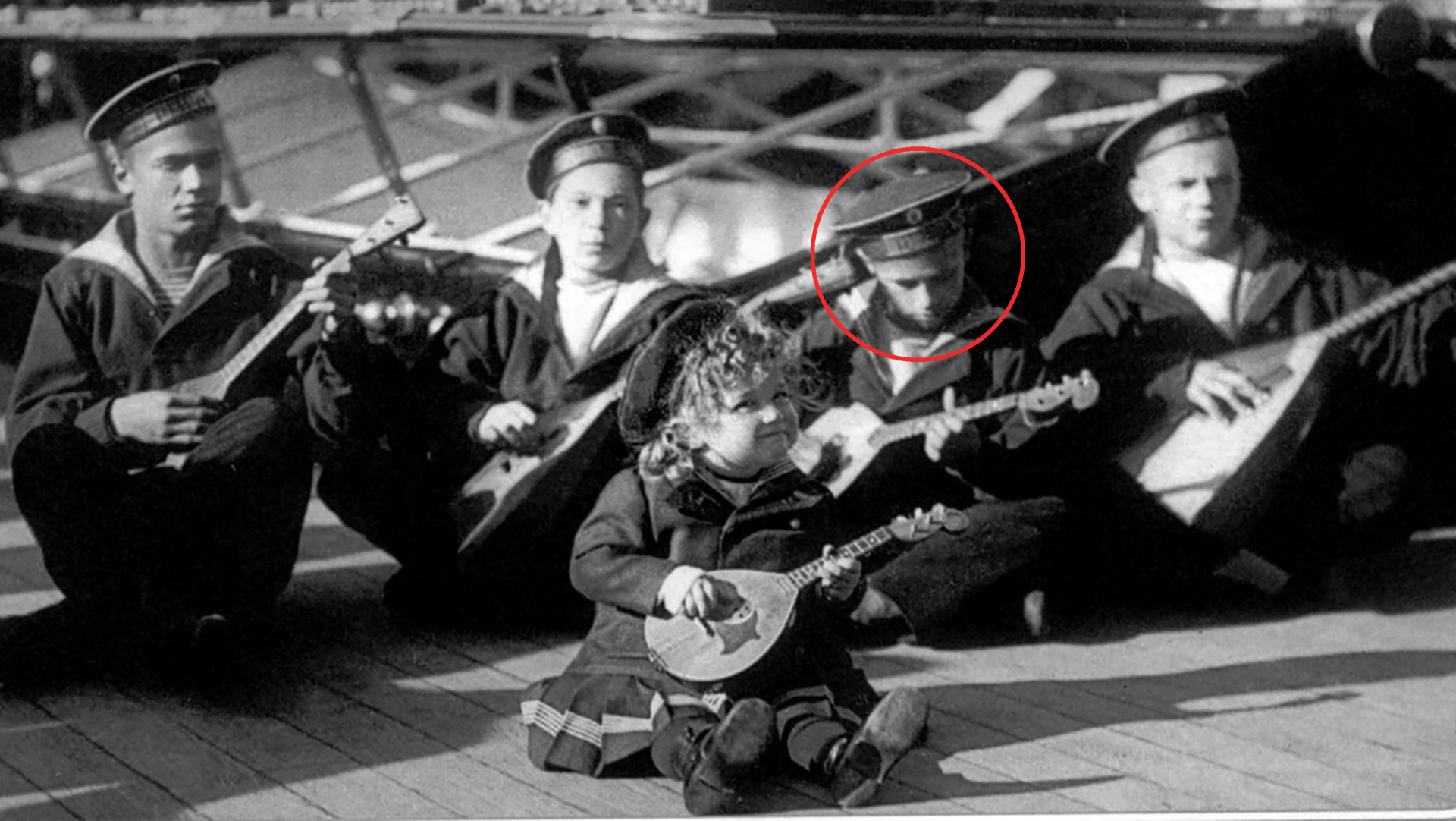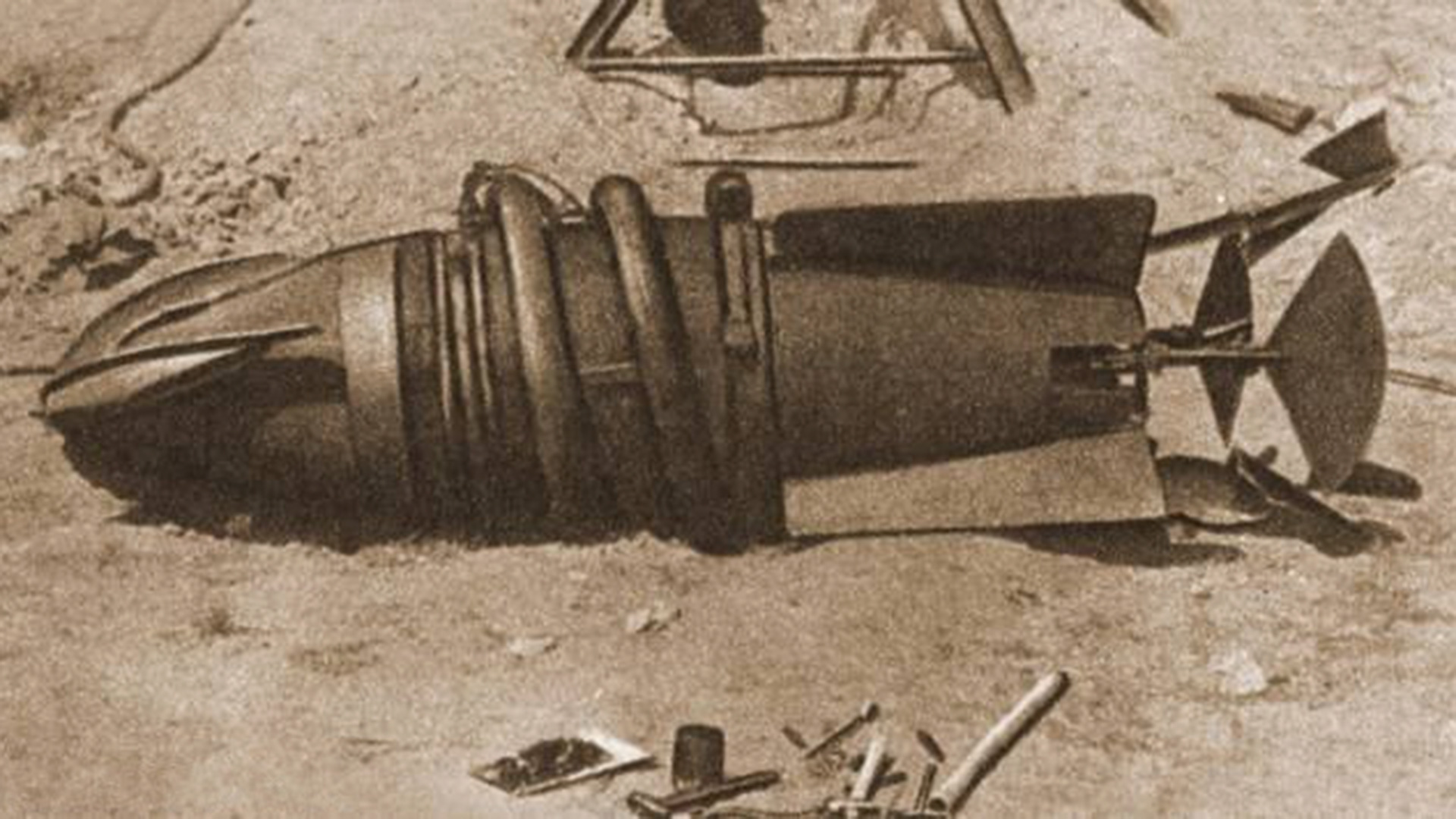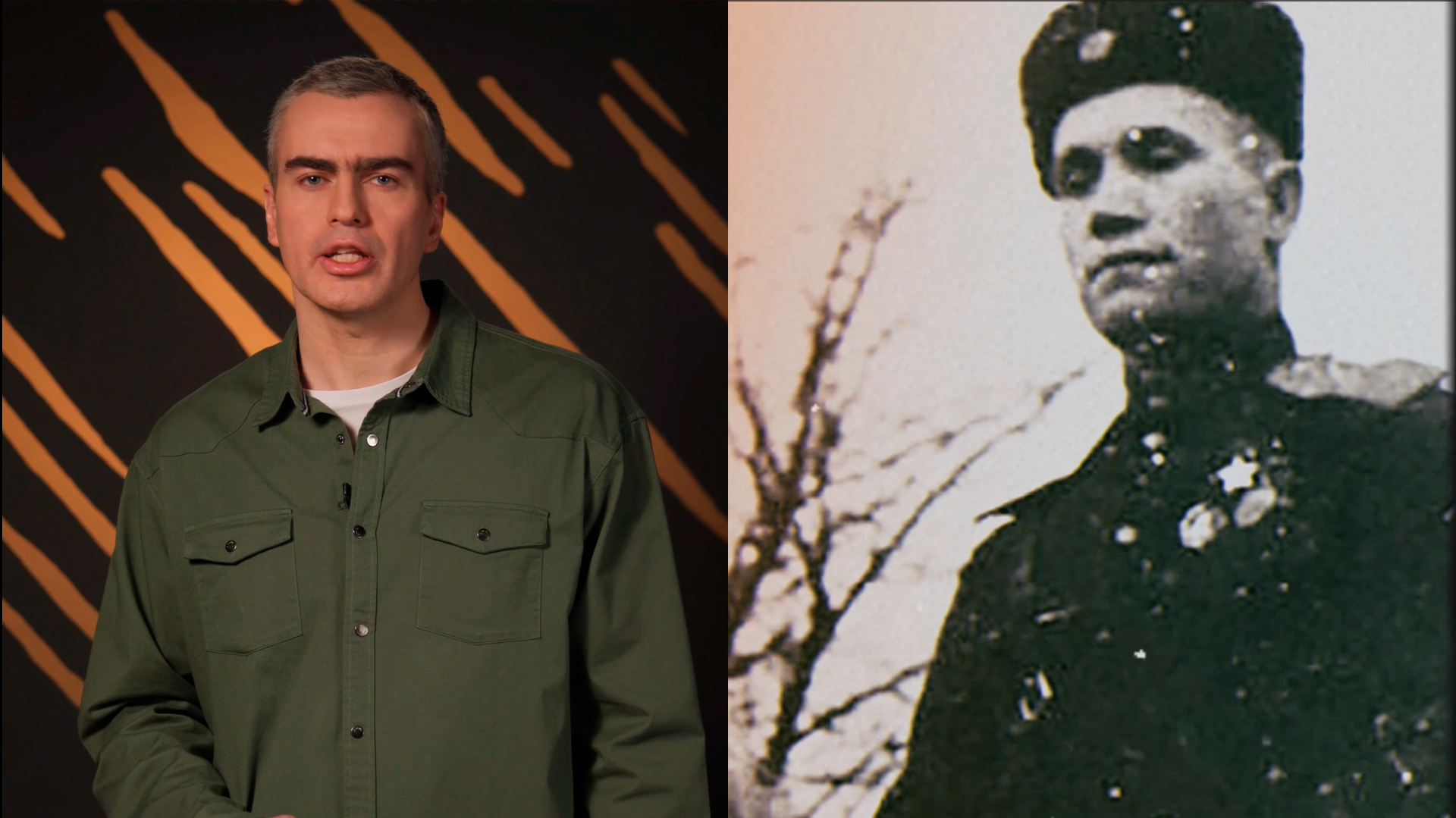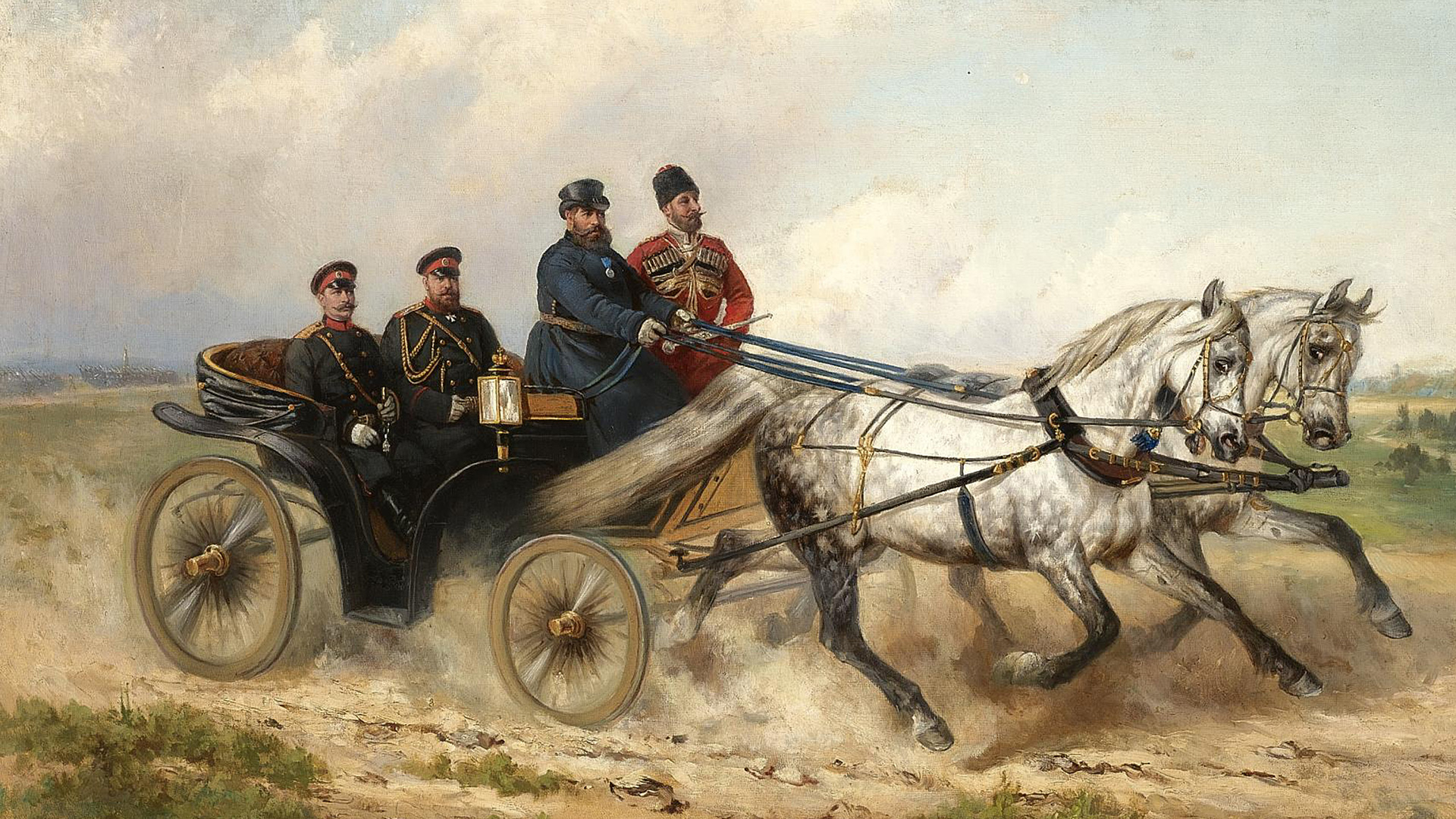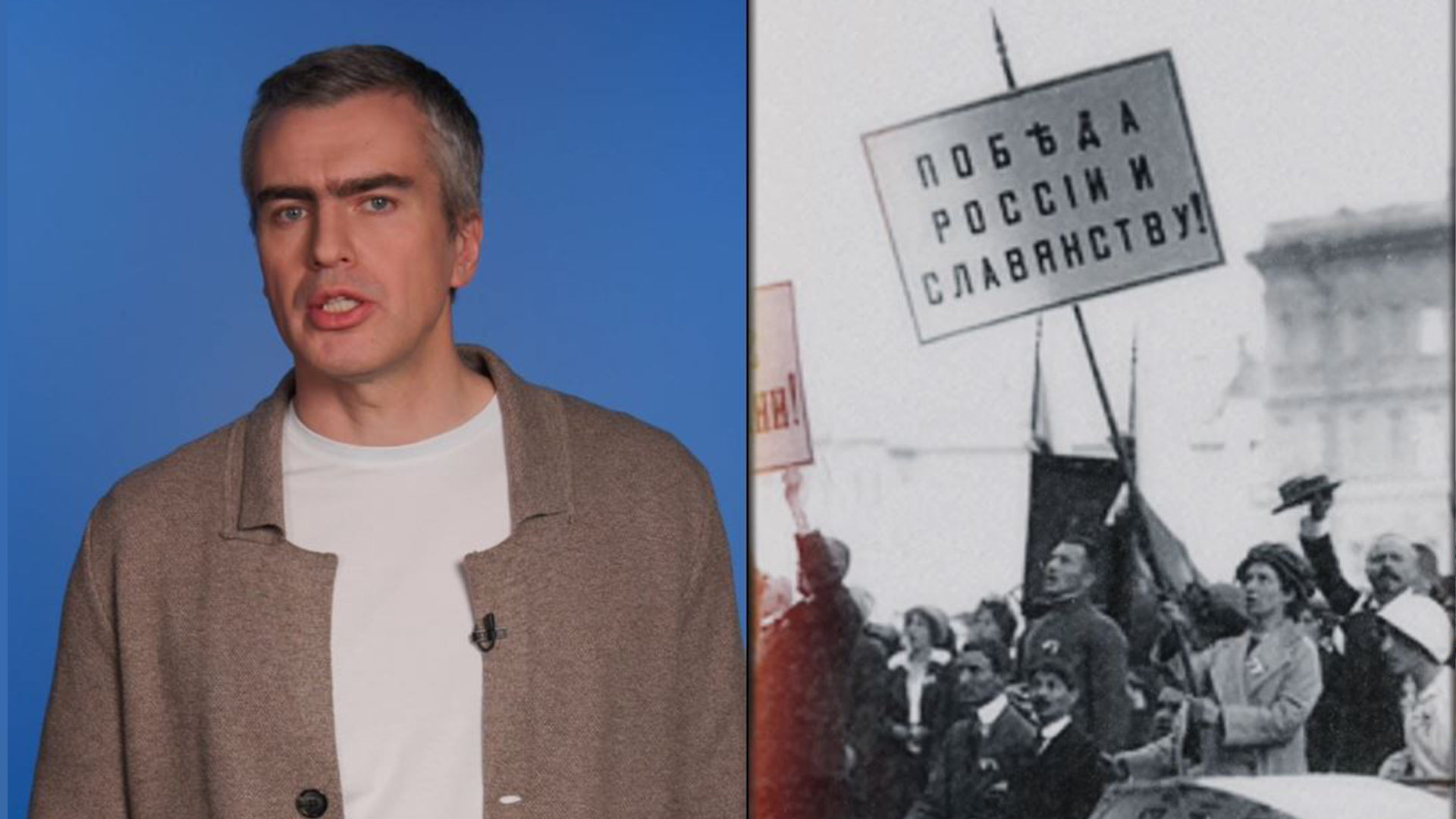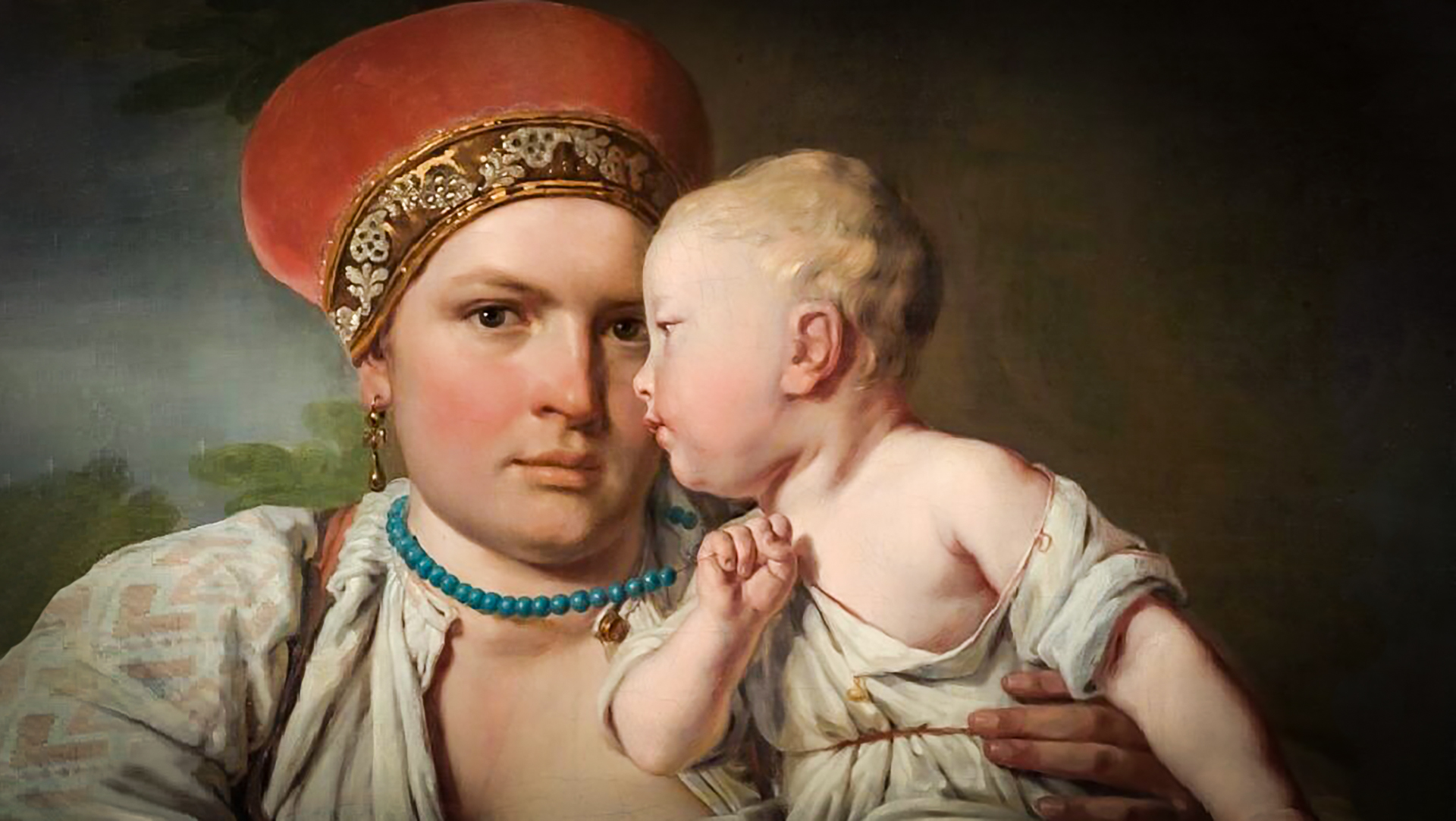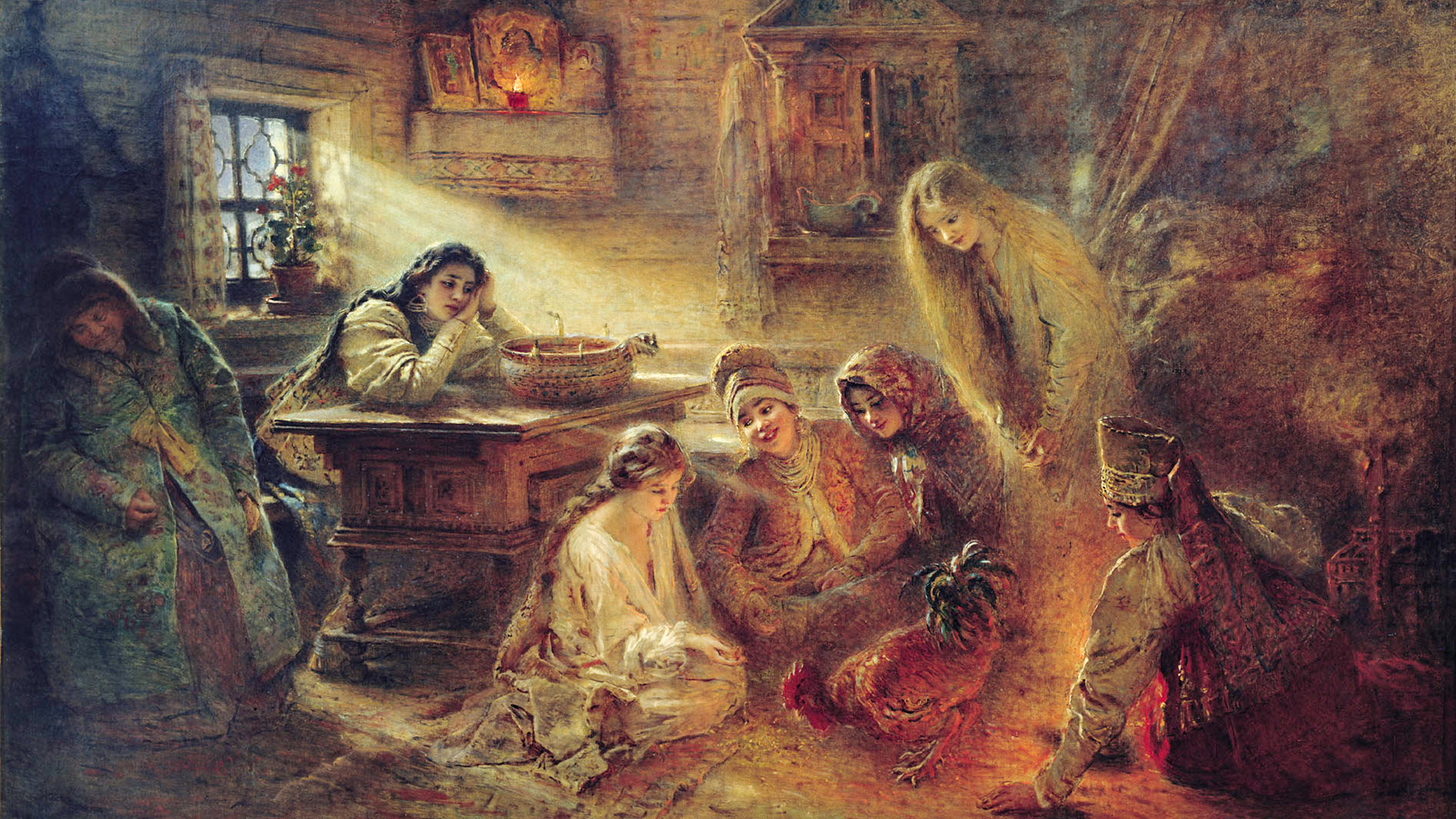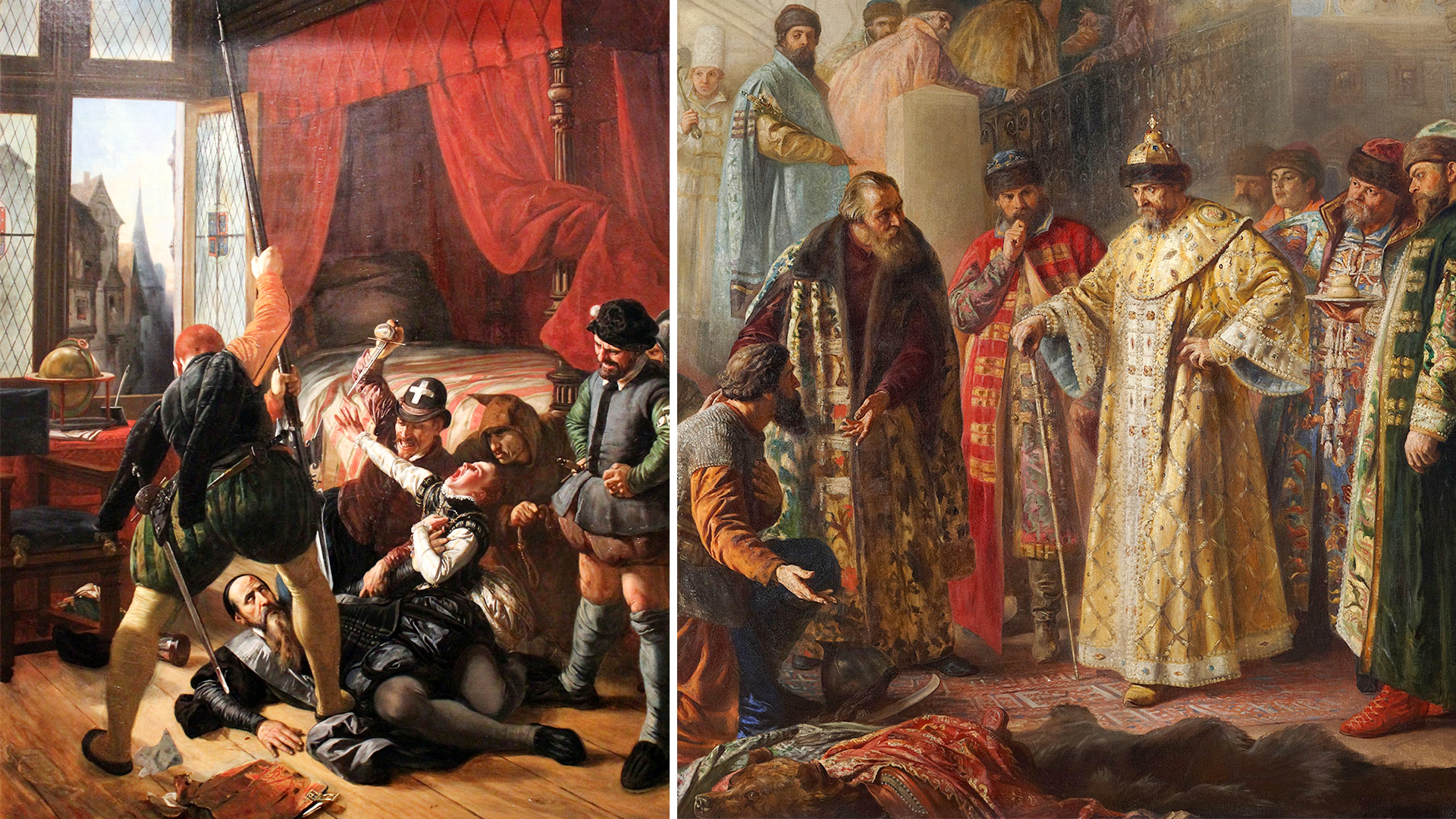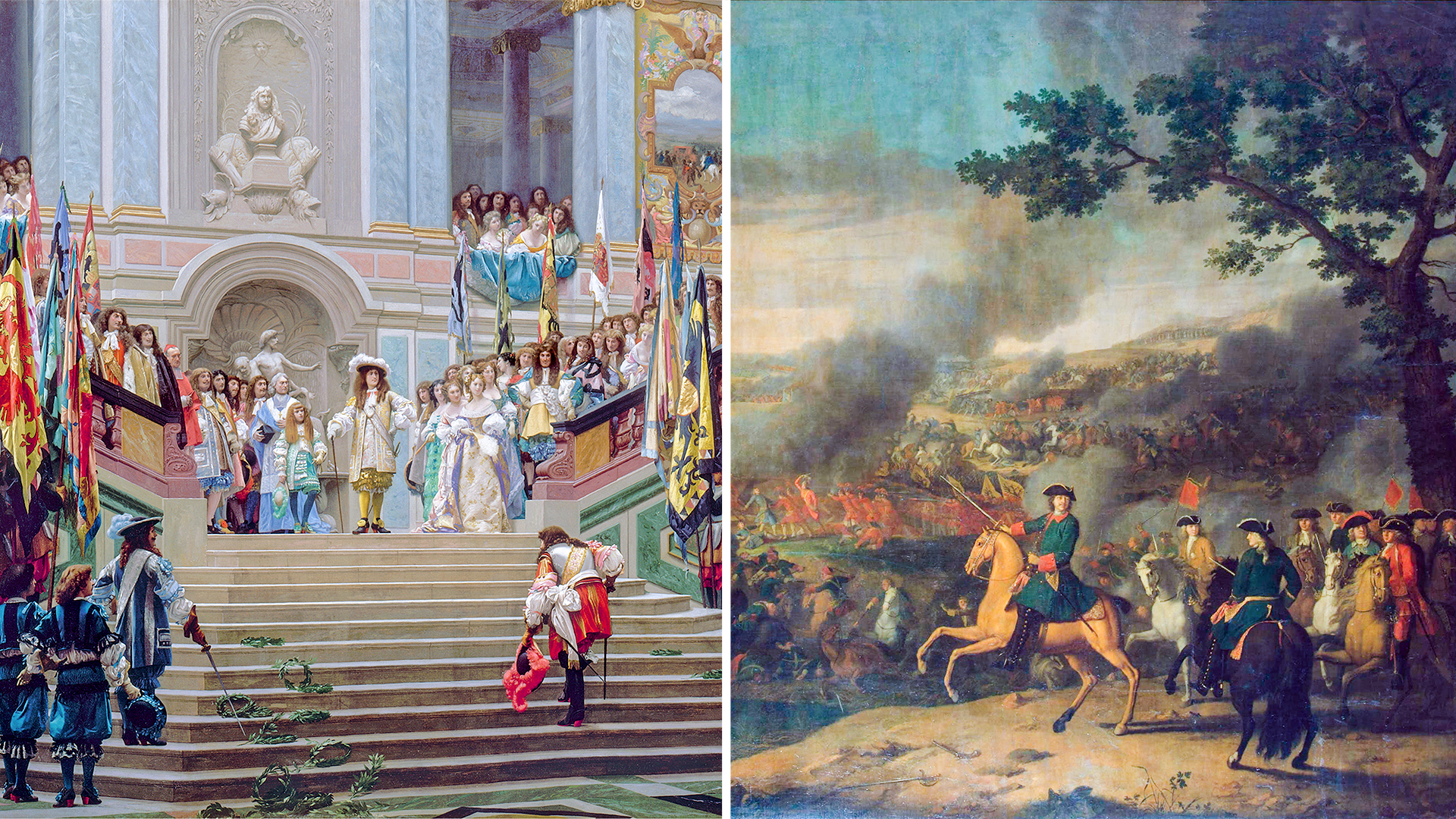
6 Soviet marshals stripped of their rank (PHOTOS)
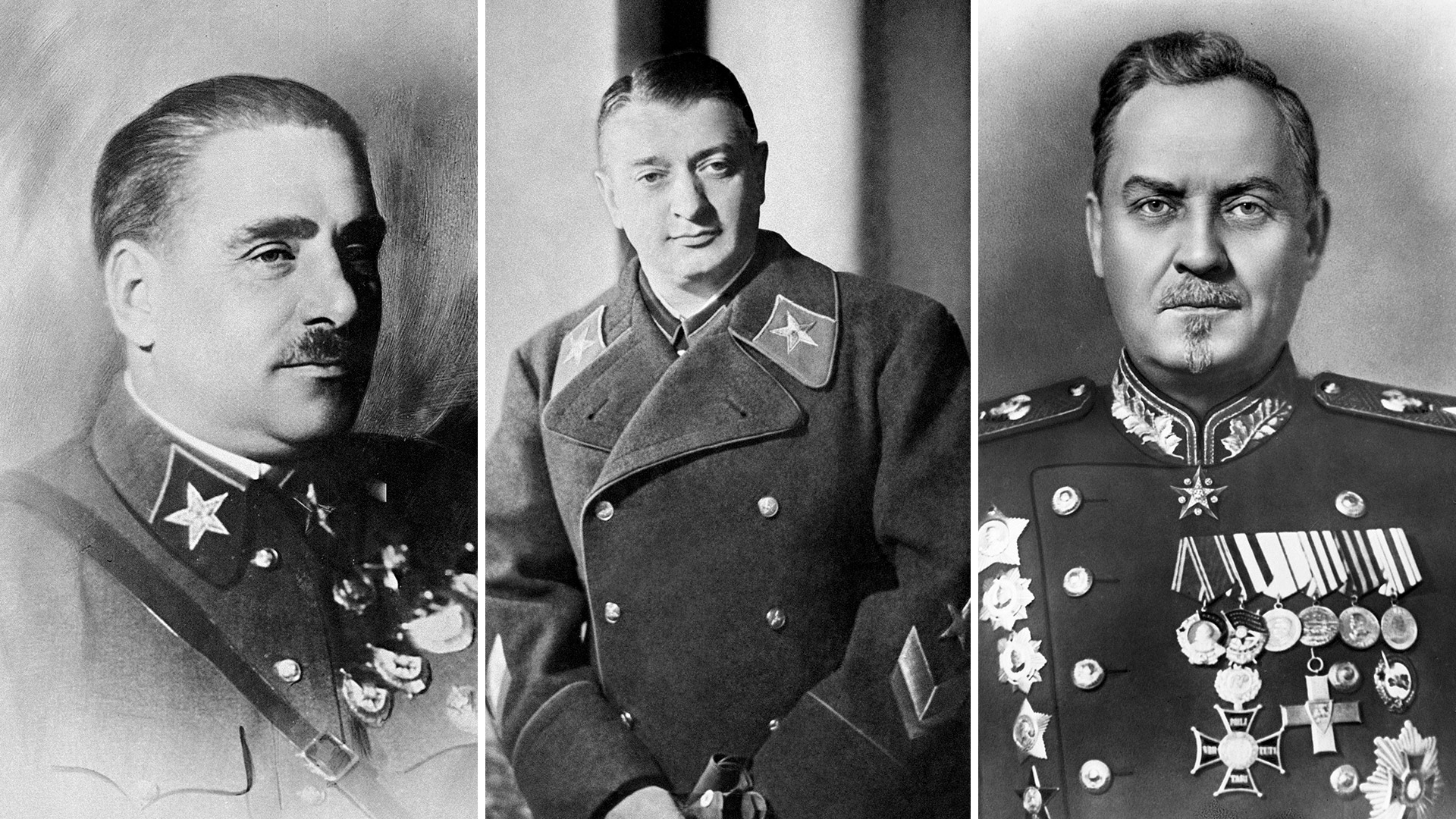
1. Mikhail Tukhachevsky
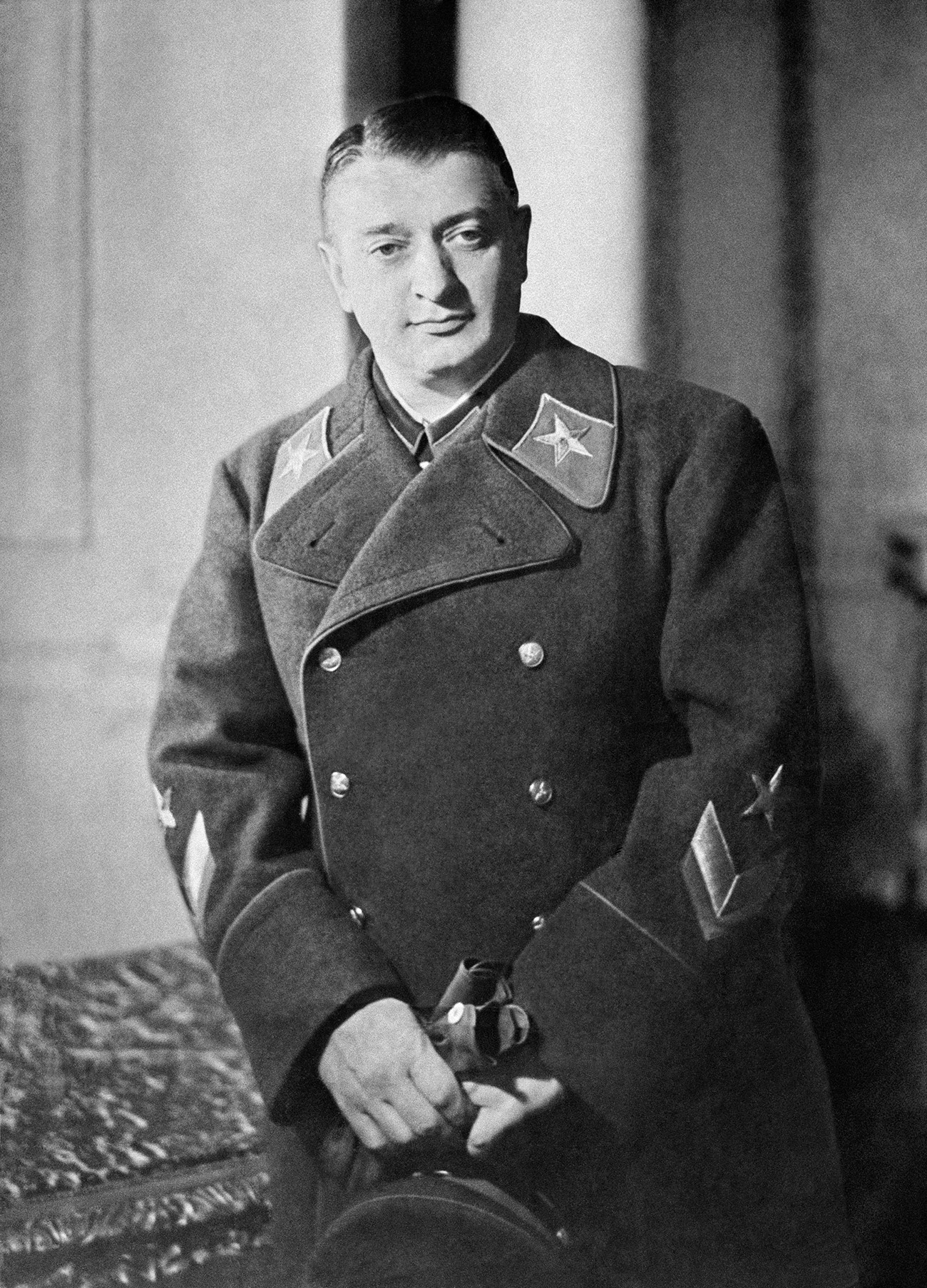
The ‘Red Napoleon’, the ‘Soviet Bonaparte’ and "a giant of military thought," is how Mikhail Tukhachevsky, one of the most prominent figures in the Soviet military leadership of the 1930s, was also known as.
As First Deputy People's Commissar (Minister) of Defense, he did much to develop airborne troops, missile technology and torpedo bomber aviation. At the same time, he was criticized for completely unrealistic projects, such as the annual production of 100,000 tanks.
Ambitious and self-serving, the marshal also made many enemies, including Kliment Voroshilov, the People's Commissar of Defense. In May 1937, in the midst of the ‘Great Terror’, Tukhachevsky was arrested on charges of plotting a "fascist" conspiracy, stripped of his rank and soon executed.
The military leader was posthumously rehabilitated and reinstated in rank in 1957.
2. Vasily Blucher
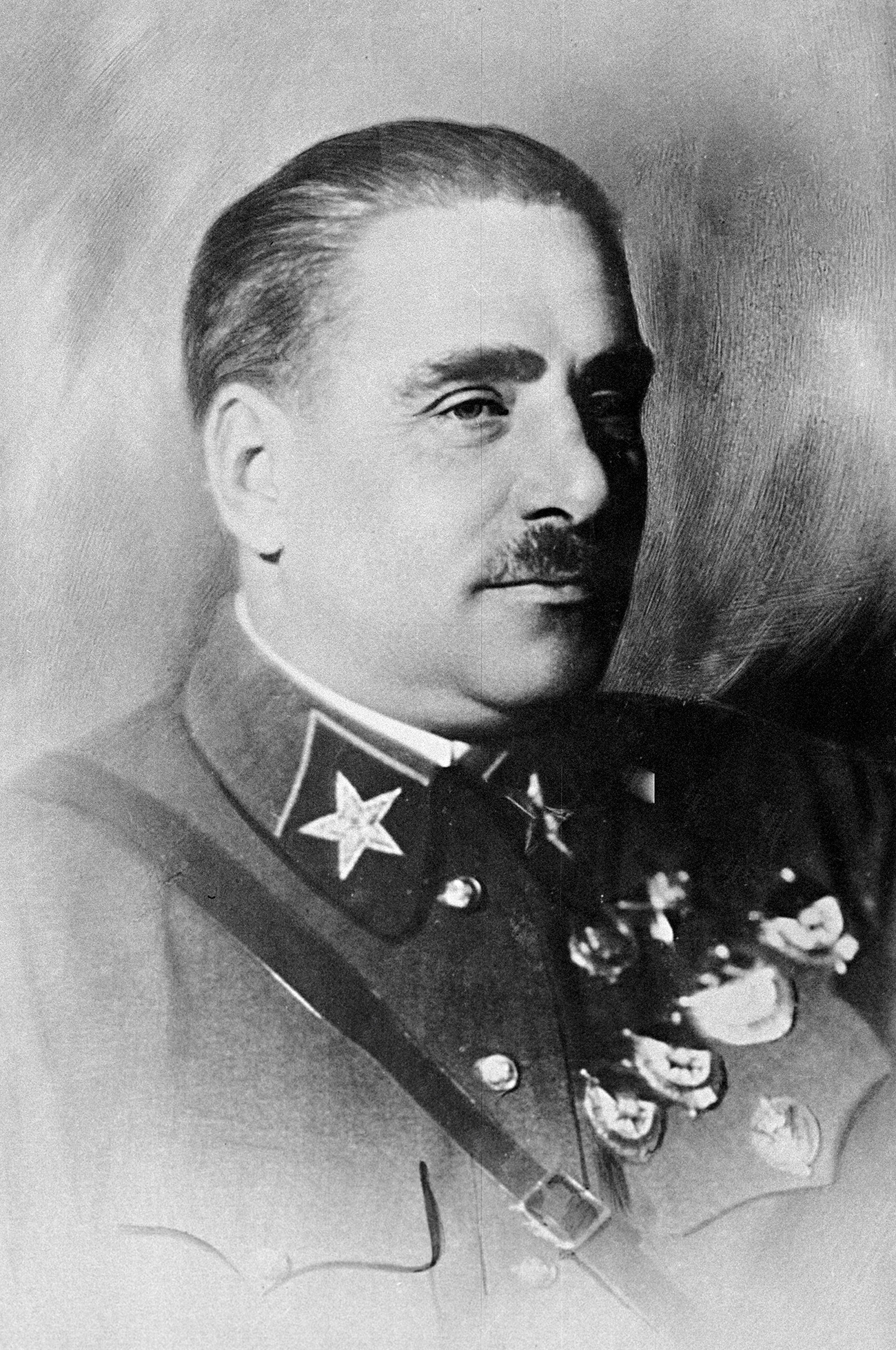
Vasily Blucher served on the Special Judicial Presence that convicted Tukhachevsky. Soon after, he himself came under attack.
The Marshal was arrested on October 22, 1938, while vacationing at Voroshilov's dacha. He was charged with participation in an "anti-Soviet right-wing organization" and a "military conspiracy", sabotage in the military sphere, drunkenness at the workplace and moral corruption.
Blucher died in custody on November 9, 1938. The following year, he was posthumously stripped of his rank and sentenced to death for "espionage in favor of Japan" and for "participation in an anti-Soviet right-wing organization and a military conspiracy".
He was rehabilitated and reinstated in rank in 1956.
3. Alexander Yegorov
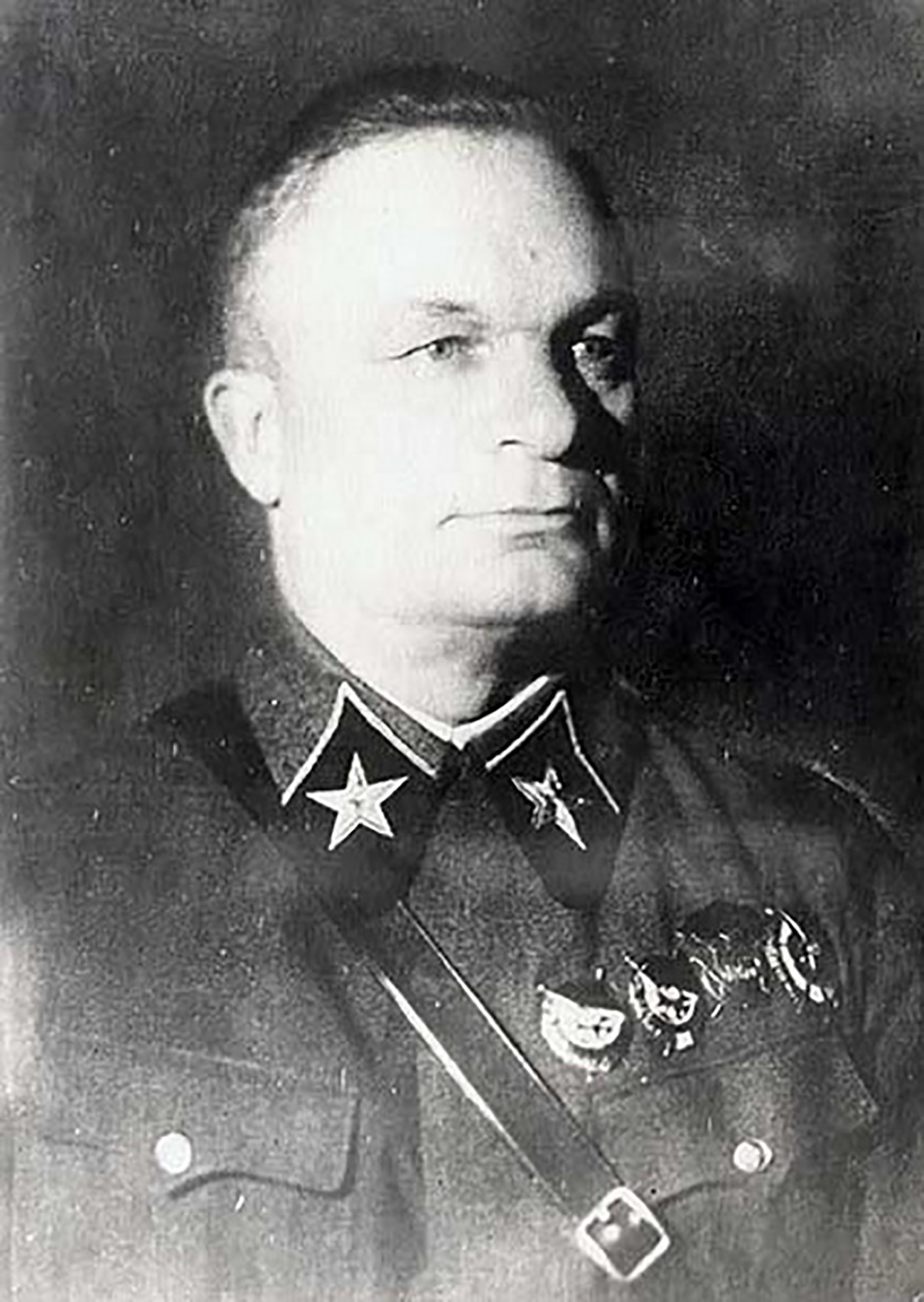
Alexander Yegorov, chief of the General Staff of the Red Army, shared Tukhachevsky's opinion that the future belonged to tanks. It was largely thanks to him that the tank industry emerged in the USSR.
Stalin characterized him as "an outstanding commander of the Civil War”, but, in the midst of the mass repressions, he radically changed his mind. According to the Soviet leader, of all the Soviet marshals, Yegorov was the least worthy of this rank.
In 1938, the military leader was accused of disrupting the work of the General Staff, espionage, involvement in Tukhachevsky's conspiracy, as well as attempts to create his own anti-party group. On February 23, 1939, after being stripped of his rank and awards, he was executed.
Yegorov was posthumously rehabilitated and reinstated in rank in 1956.
4. Grigory Kulik
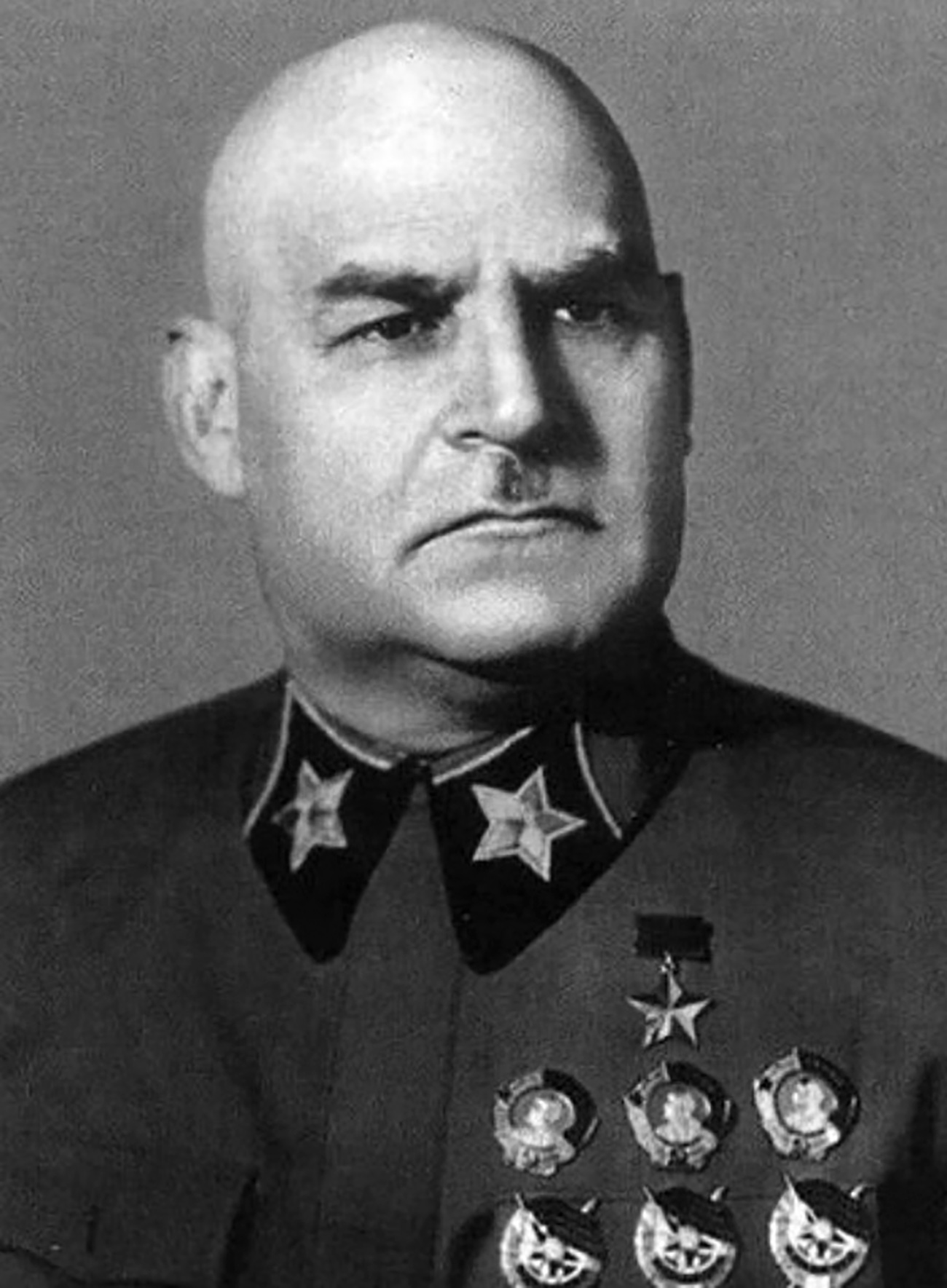
Kulik became the only Soviet marshal to be demoted during World War II. In September 1941, he failed in his attempt to break the Siege of Leningrad and, in November, he failed to hold Rostov-on-Don and Kerch, where he had been sent as a representative of the Supreme High Command.
A series of failures exhausted Stalin's patience, who called Kulik a coward and a defeatist. On February 19, 1942, he was stripped of his rank of marshal.
Major General Kulik remained inactive until the end of the war and, afterward, became deputy commander of the Volga Military District. Dissatisfied, he openly criticized the country's and army's leadership, which ultimately proved his undoing. In 1947, he was arrested "on charges of organizing a conspiratorial group" and, three years later, was executed.
Kulik was posthumously reinstated to the rank of marshal in 1957.
5. Lavrentiy Beria
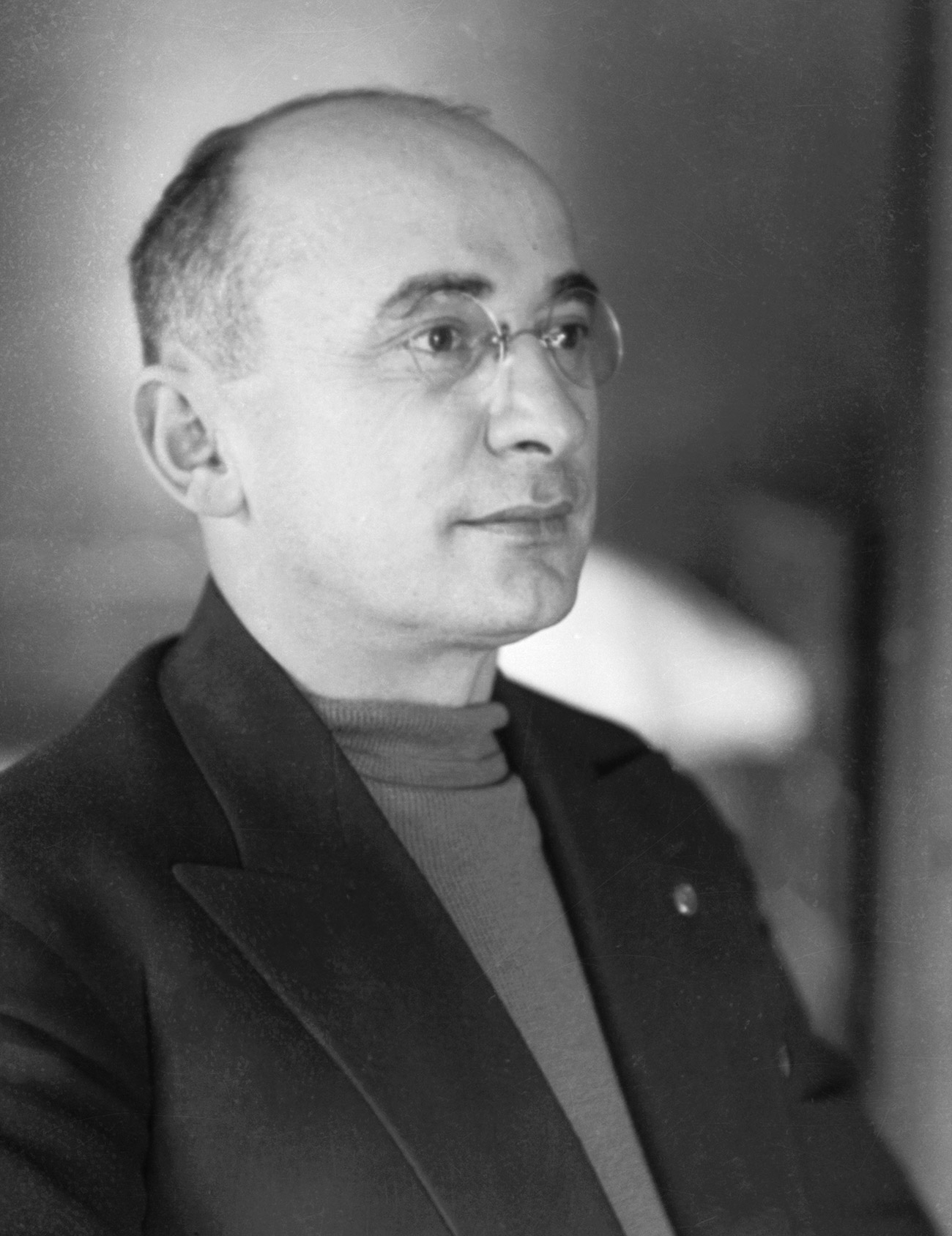
The General Commissar of State Security was awarded the rank of marshal on July 9, 1945, in connection with the replacement of special state security ranks with military ones. "He's not a real marshal, just a phony one, but he's still a marshal," Stalin said of him.
In 1953, during the power struggle that unfolded after Stalin's death, Beria was arrested as "the organizer of an anti-Soviet traitorous group of conspirators" and executed. He was stripped of his awards and the rank of marshal.
Due to his involvement in political repression, he was never rehabilitated.
6. Nikolai Bulganin
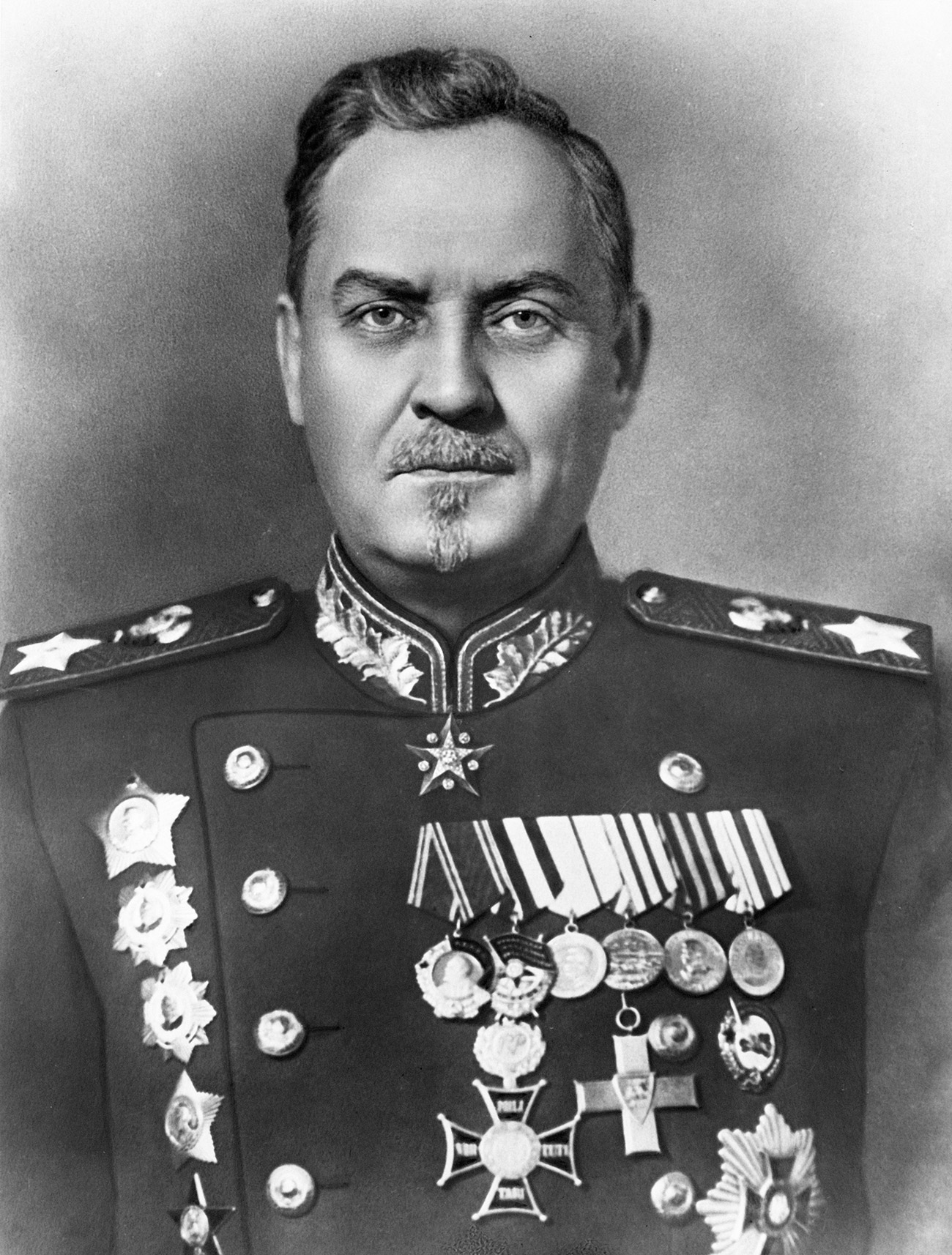
Although Bulganin primarily distinguished himself in civil service, in 1947, he was appointed Minister of the Armed Forces. In the same year, he was tasked with reviewing the parade commemorating the anniversary of the October Revolution, with the troops commanded by Marshal Kirill Meretskov.
Since Bulganin himself only held the rank of army general, a delicate situation arose. Therefore, he was hastily promoted to the rank of marshal.
In 1958, after losing the internal party struggle to Khrushchev, Bulganin was removed from power and stripped of his high rank. However, he was luckier than others – he was simply allowed to retire.


